HELPING YOUR DOG RECOVER FROM AN INJURY
Whether your dog is recovering from an injury, illness or surgery, it is important to look after his needs, ensure he has the time to recuperate fully, and follow the veterinarian’s instructions. Sometimes this is harder on dog owners because you feel sorry for your dog, but consistent rules and guidance are what our dogs need from us for a safe and speedy recovery.
Keeping your dog calm and stress free
Just like with humans, your dog will need rest to heal from his dog injury. During the recovery process, your dog may seem more sluggish than usual and may be sleeping more. Don’t worry, this is normal and helps your dog conserve energy, mend tissues and reduce the likelihood of re-injury. If your dog had surgery, he may still be feeling the effects of the anesthesia and most dogs will be very tired and somewhat disoriented for the first 12 hours or so after being released. Different breeds and dogs will react differently.
As a loving dog owner, you can help your dog recuperate by minimizing distractions, such as children playing, visitors, and other pets that could make the injury worse. This may mean keeping him in a separate room, pen or crate. If your dog is confined to a crate, give him a toy such as a Game-Changer filled with his favorite treats to keep him busy and distracted from his injury.
Remember, your dog doesn’t understand that they are not to run and play because this could complicate their injury. Talk to your vet so you know exactly what to expect and what is “normal” as your dog recovers from his injury.
Medical needs
Spend time with your dog on a daily basis stroking and gently grooming him, looking for any changes in his skin or coat, unusual discharges or swelling from the injury. Check with your veterinarian to see if gentle massage is ok. This can increase circulation to any wounds and help in the healing process. Monitor his eating habits and notify your veterinarian immediately if your dog experiences any vomiting or diarrhea. Make sure that you strictly follow the guidelines provided by your veterinarian when giving any medication to your dog, including completing the prescription entirely.
Bandages, splints, casts or other dressings may be required to help stabilise a healing fracture or surgical procedure and protect the wound from infection. Dressings can also provide protection from your dog’s natural tendency to lick a wound. Many vets will use a cone around a dog’s head to prevent licking. The Stop Bite collar is another great product for helping to stop the licking.
Helping your dog get back to normal
Since you may have had to put your dog’s exercise routine on hold while he is recovering, know there may be some hesitation on his part in getting back to a normal routine. Take it easy at first. There’s no rush, otherwise you may be risking further injury and complications.
Walking is a great way for you and your dog to reconnect and bond. Twice daily outings, perhaps to his favorite place, will have him feeling better in no time!


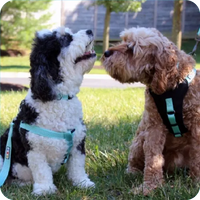
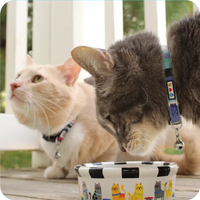
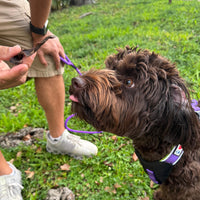
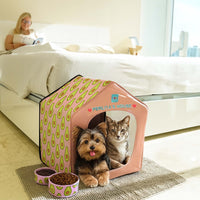
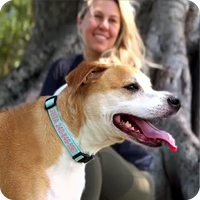
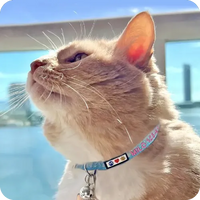
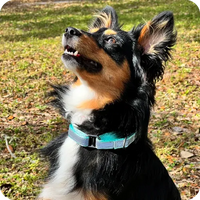

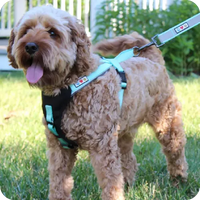

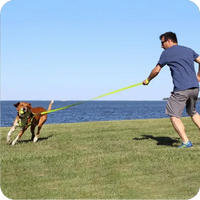
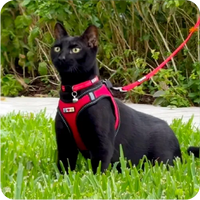
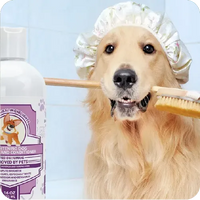
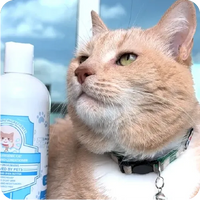

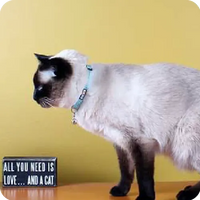
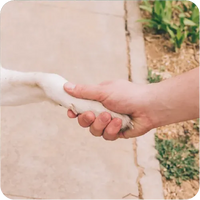




Leave a comment